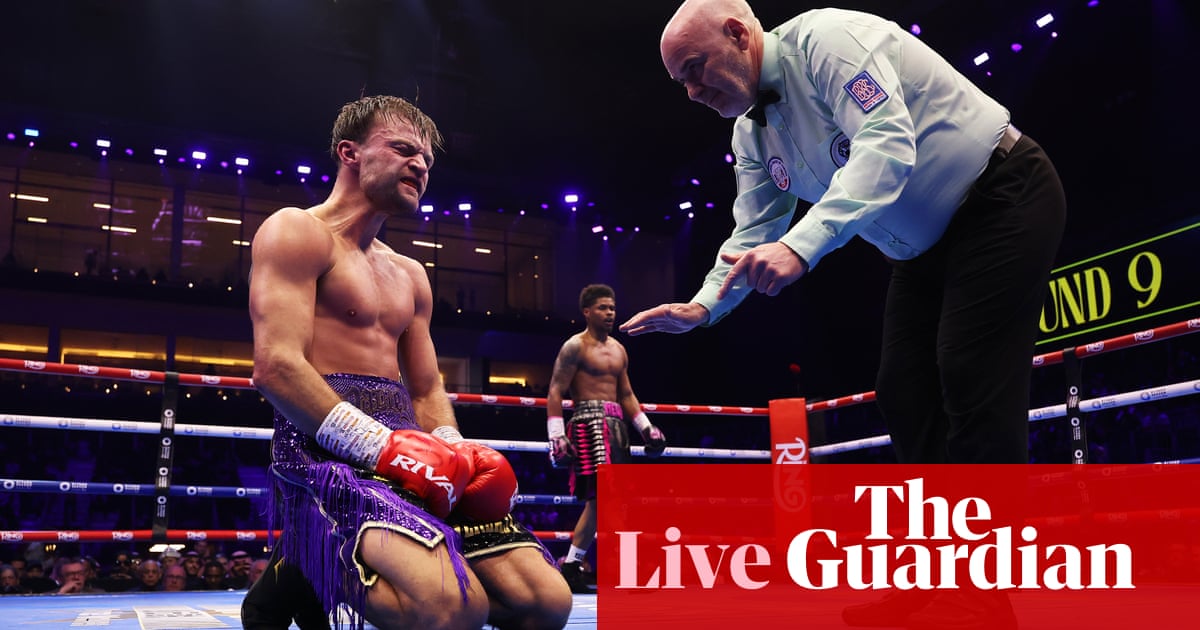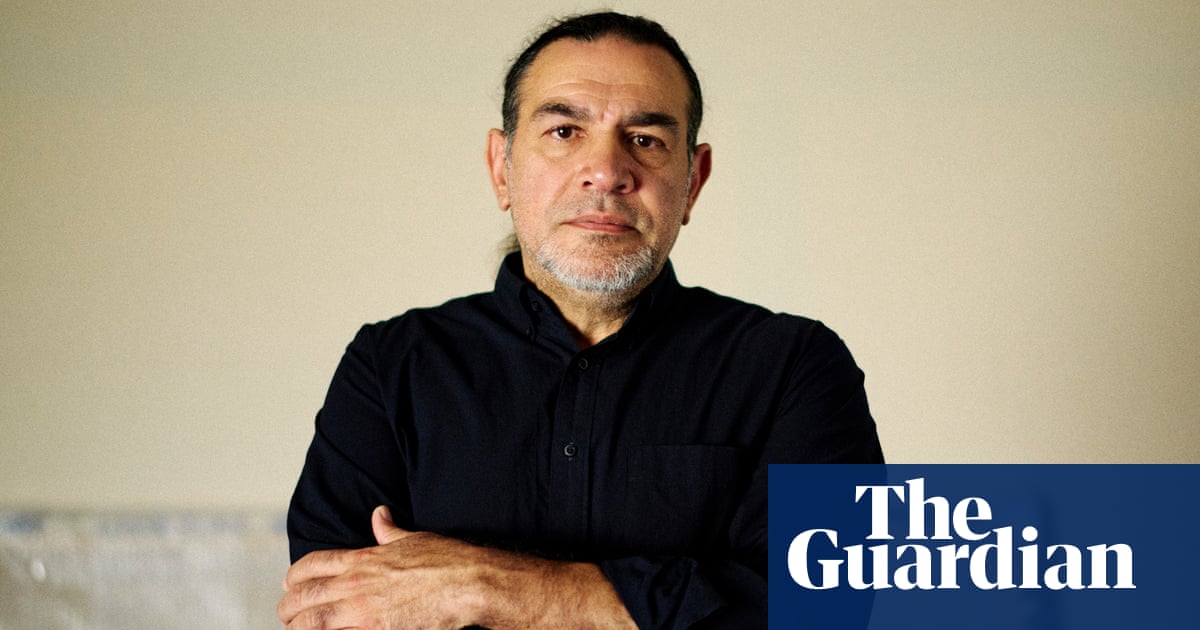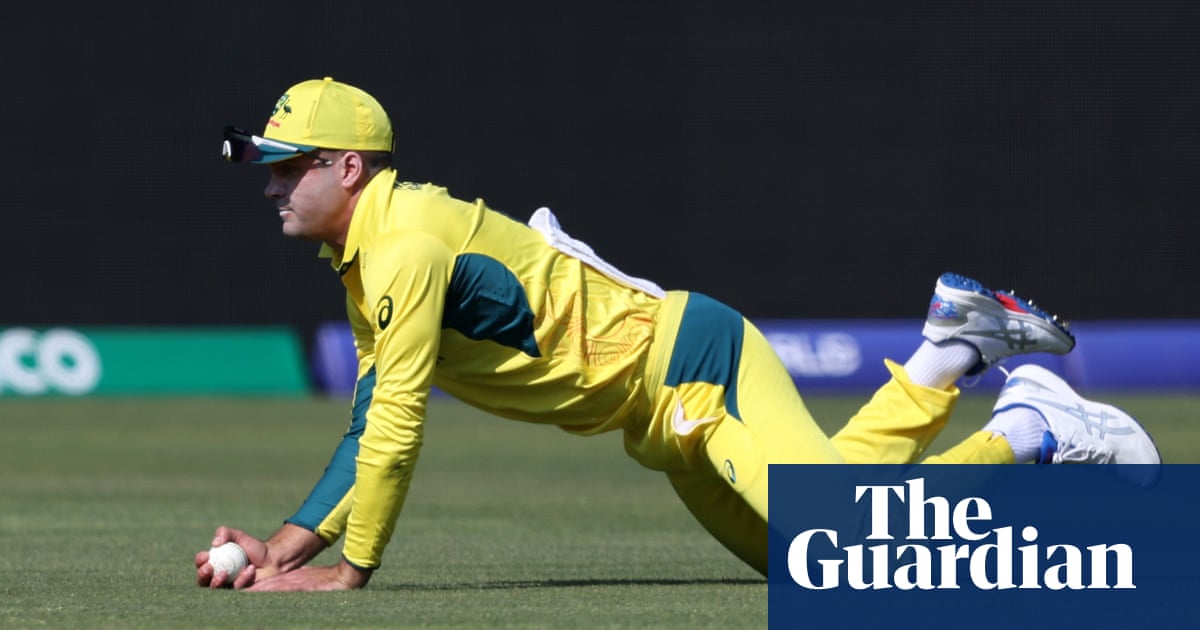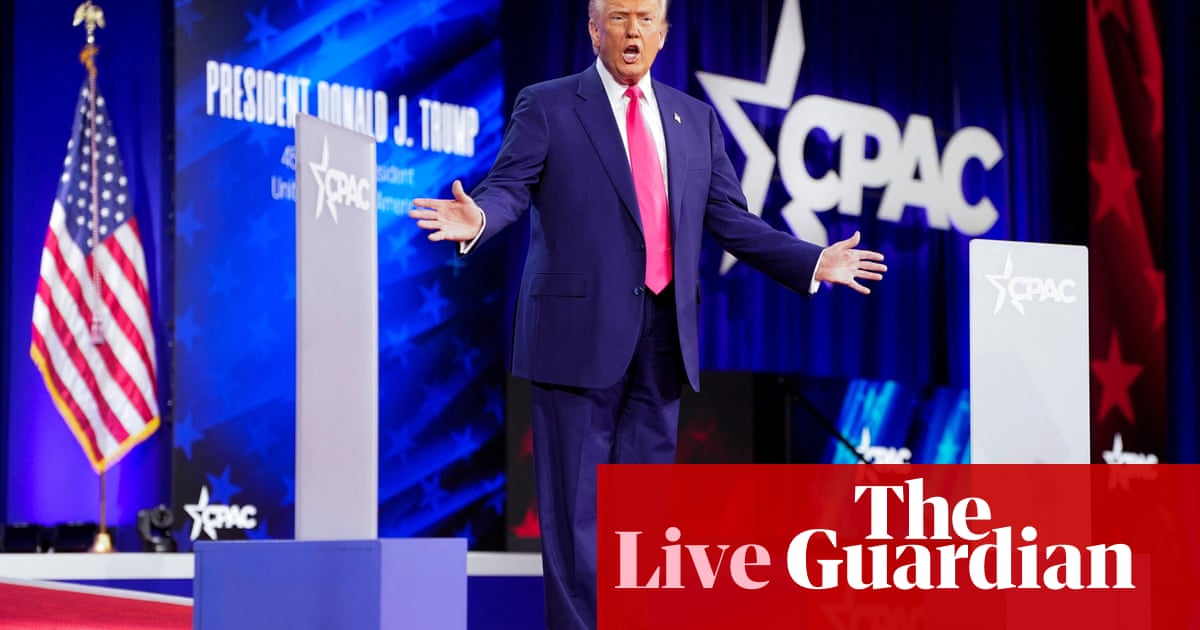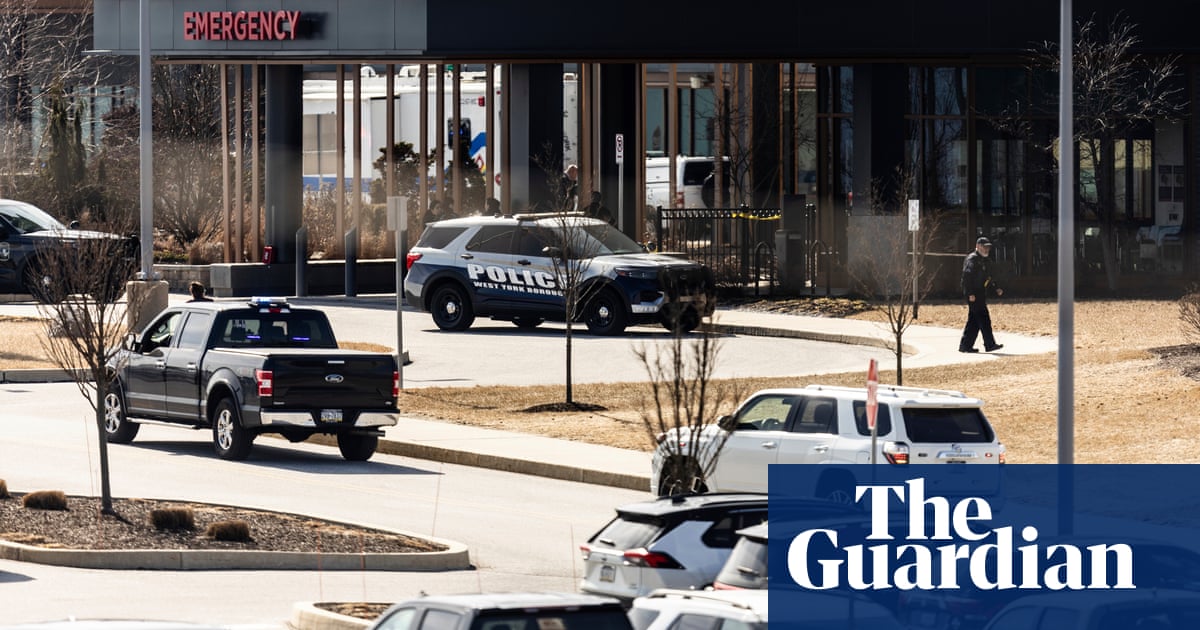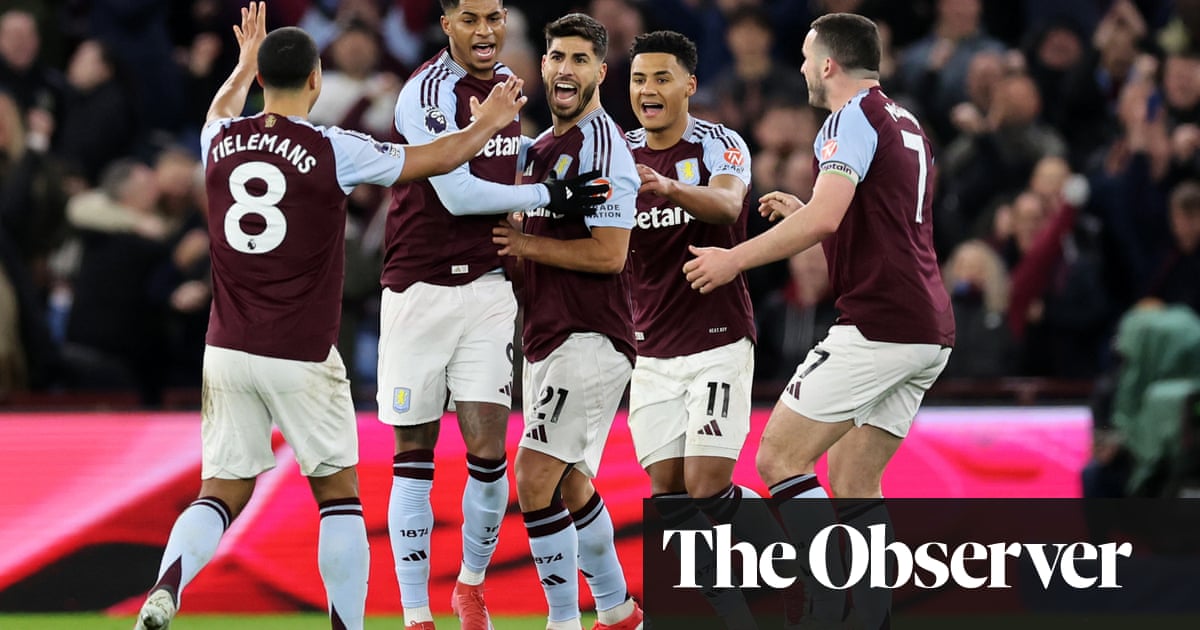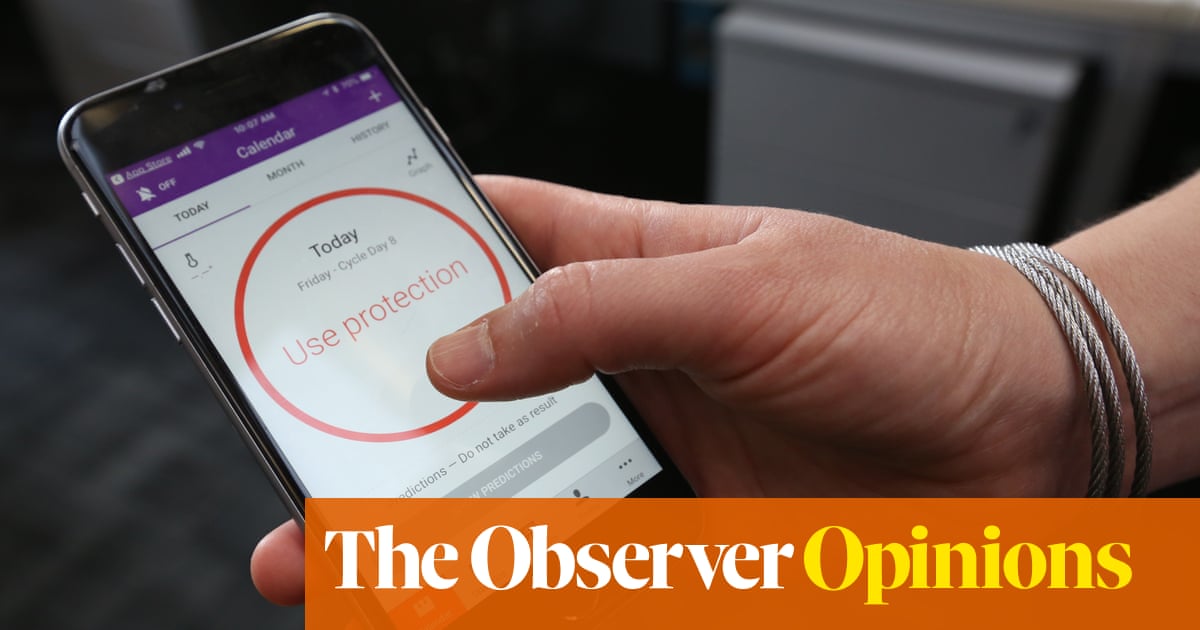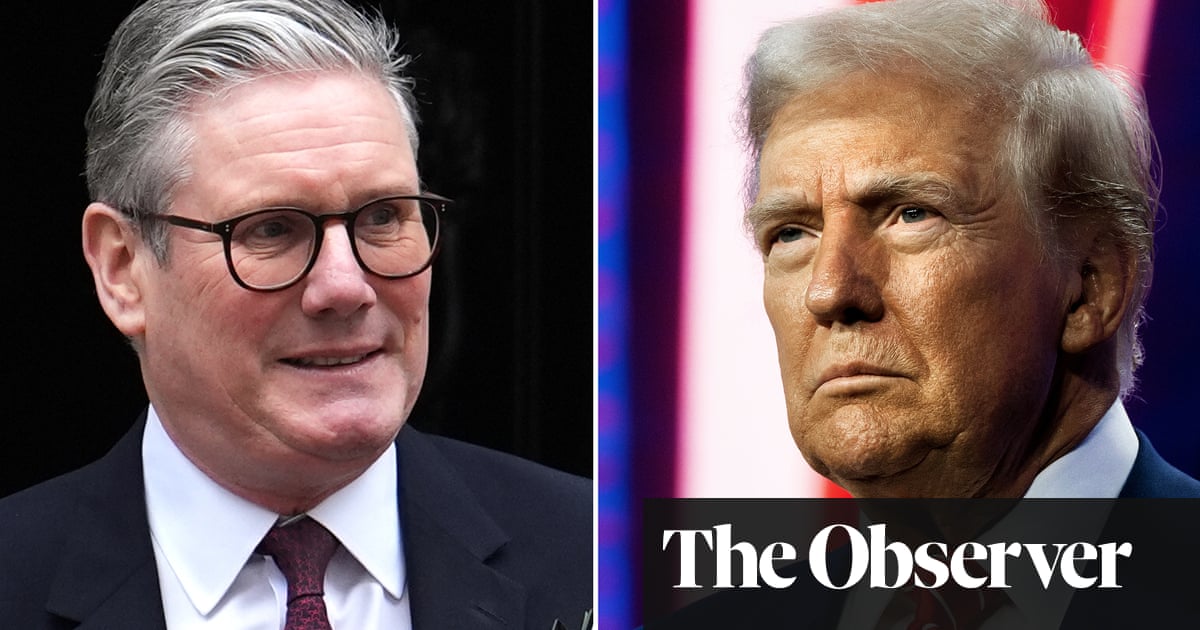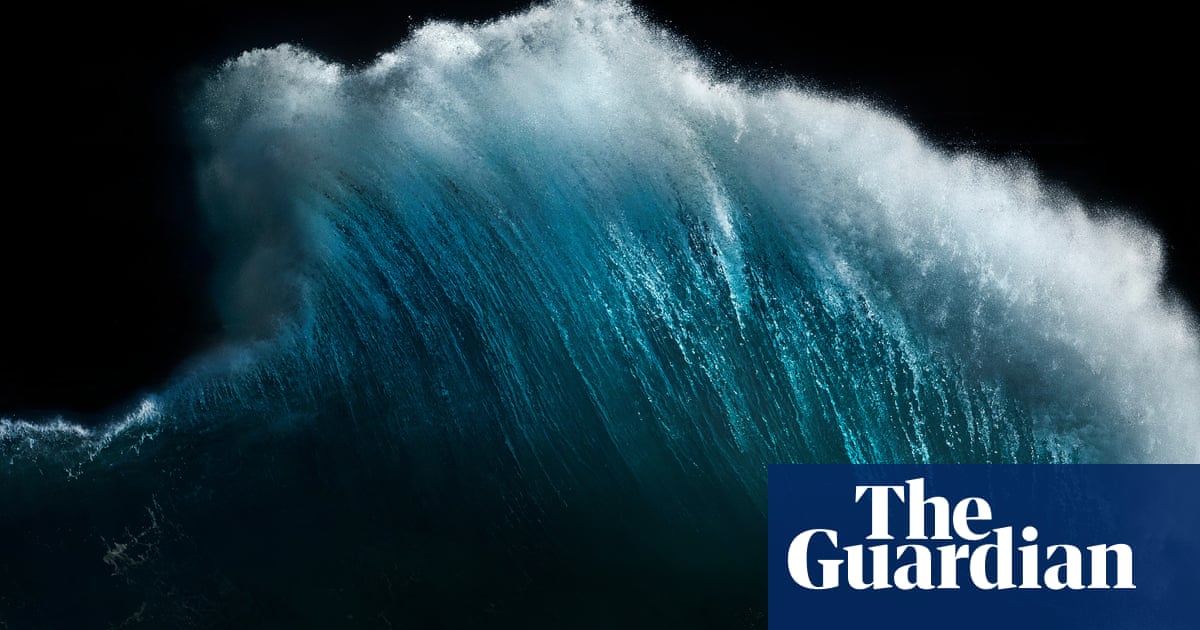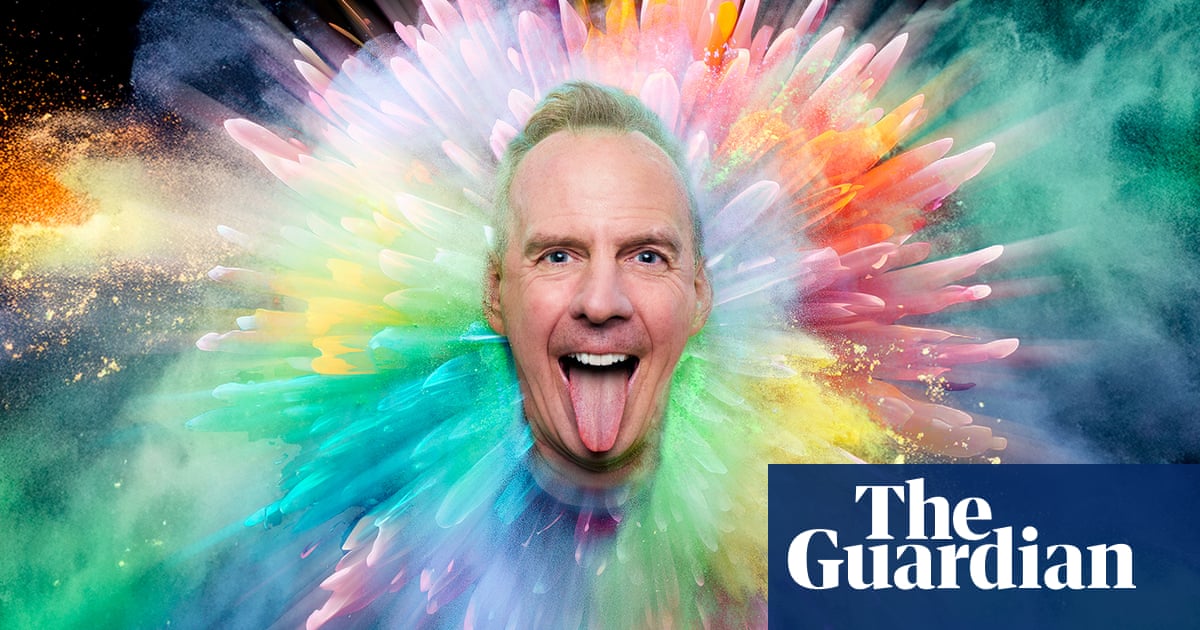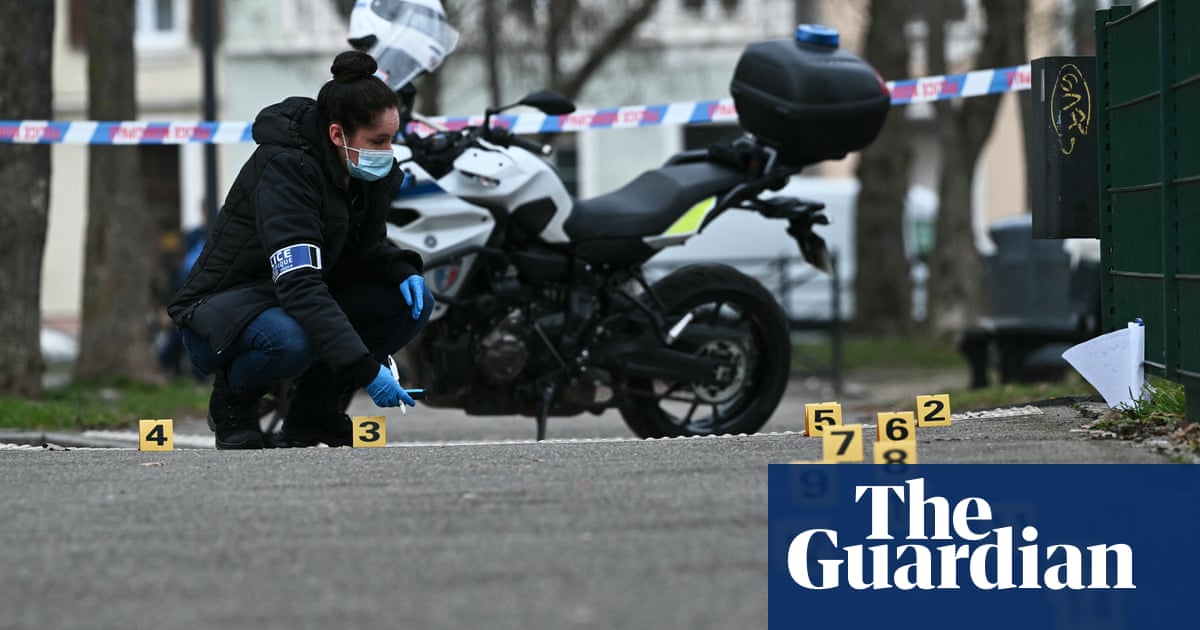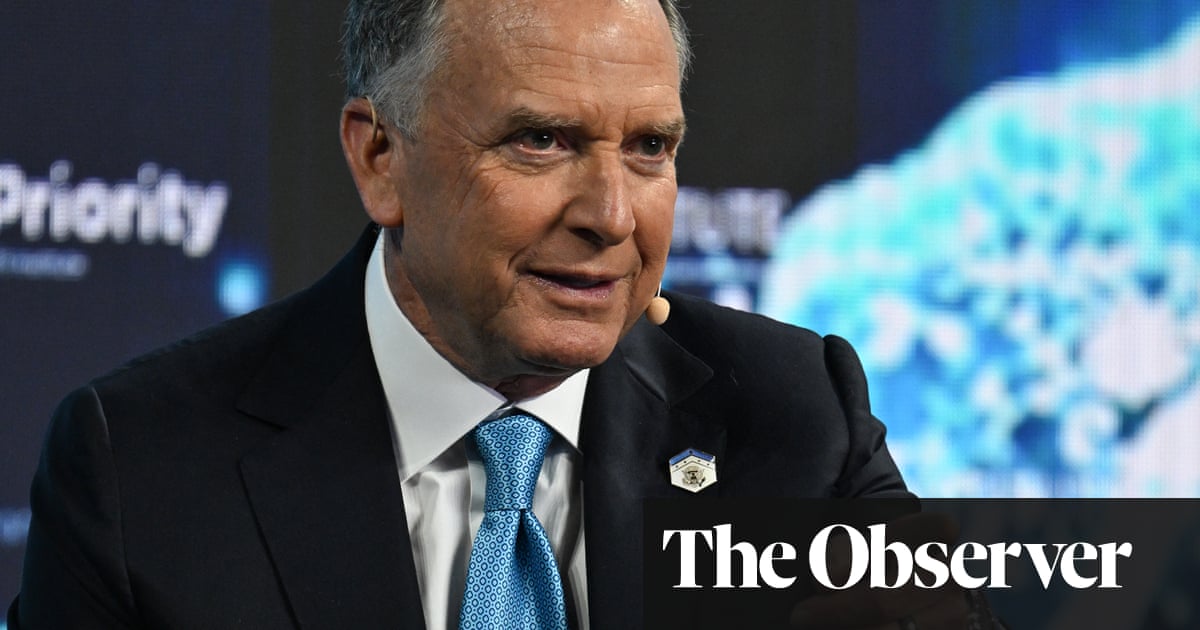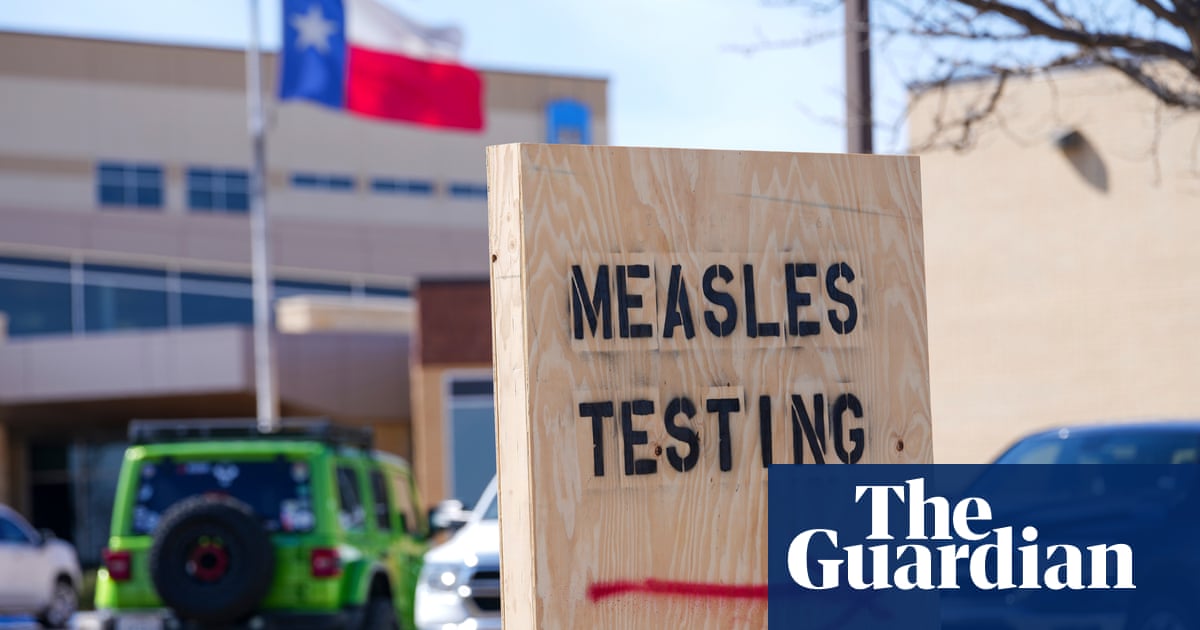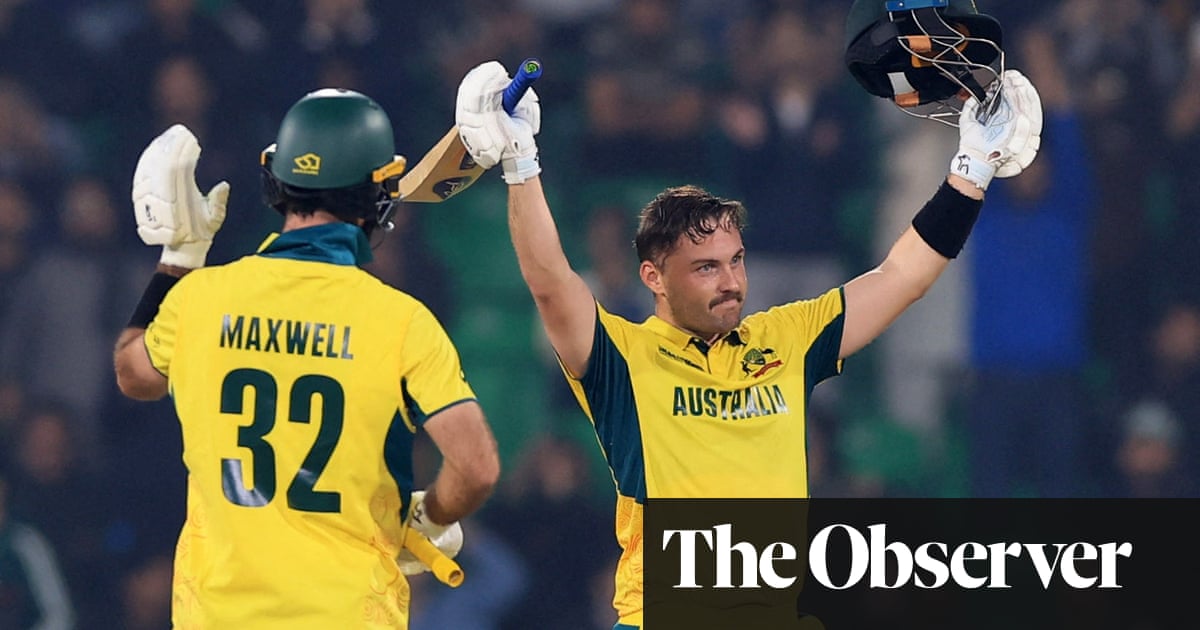Key events Show key events only Please turn on JavaScript to use this feature

In the COP29 halls on Thursday morning, activists called for rich nations to “pay up, pay up, pay up for climate finance.”
Those dollars should be put toward a swift and just phaseout of fossil fuels, they said.
And there is more reaction coming in to today’s draft text.
Stephen Cornelius, WWF Deputy Global Climate and Energy Lead, said:
The text is narrowing, but so is time to reach a final agreement. Negotiators and ministers need to pick up the pace, ramp up their diplomacy and drive consensus around an ambitious climate finance deal. The lack of a finance target in this draft is a worrying sign that the most challenging decisions are being left to the last minute. Despite being slimmed down, two vastly different options for the design of the NCQG remain in the text, leaving the final outcome uncertain.
This agreement will decide the climate finance landscape for years to come. We simply can’t afford to get this wrong. Without adequate finance for climate solutions, we won’t be able to prevent catastrophic climate impacts. It is essential we get an outcome here capable of unleashing climate action at speed and scale around the world.
Rob Moore, associate director at E3G and a former climate finance official for UK government, said:
This text maps out a broad option outlining the vision expressing views by developed countries, and one outlining the vision expressed by developing countries. The lack of a clear bridging proposal and any numbers leaves negotiators with a huge amount of progress to make over the next day or two and the road to agreement will need to see rapid and candid engagement, with numbers on the table. The inclusion of a review mechanism might offer a bridging mechanism if countries can’t agree a goal that fully meets the needs of developing countries this COP.
The new draft text is not going down well with many in Baku this morning. My colleague Patrick Greenfield has just sent this through from Oscar Soria, the director of the Common Initiative thinktank, said:
The NCQG’s negotiating placeholder ‘X’ for climate finance is a testament of the ineptitude from rich nations and emerging economies that are failing to find a workable solution for everyone. This is a dangerous ambiguity: inaction risks turning ‘X’ into the symbol of extinction for the world’s most vulnerable. Without firm, ambitious commitments, this vagueness betrays the Paris Agreement’s promise and leaves developing nations unarmed in their fight against climate chaos.
And Li Shuo, the director of the China Climate Hub at the Asia Society Policy Institute, said:
“We are far from the finish line. The new finance text presents two extreme ends of the aisle without much in between. Crucially, the text misses a number that defines the scale of future climate finance, a prerequisite for negotiation in good faith. Other than capturing the ground standing of both sides, this text hardly does anything more.”
And the Guardian Australia climate and environment editor has this from Barbara Rosen Jacobson, senior advisor at Mercy Corps:
We are one day away from the end of COP29, and after years of negotiations, it is unacceptable that the latest draft of the NCQG still reflects clear divisions and lacks clarity on how to bridge the gaps. The Global North must stop stalling and start compromising.
The absence of any options for a sub-goal for adaptation is a major problem. Without dedicated finance, adaptation will remain grossly underfunded, with the current adaptation finance gap estimated at US$187-359 billion annually. Similarly, the lack of strong provisions for Loss and Damage is deeply concerning. For vulnerable countries, Loss and Damage represents the irreversible impacts of climate change—such as the destruction of homes and loss of livelihoods. Securing predictable and additional finance for this is an existential need. Yet, the draft text offers no robust framework, specific targets, or mechanisms to ensure such finance, leaving vulnerable countries reliant on fragmented and inadequate systems.
Developed countries must deliver on their legal obligations by ensuring the final text includes a goal in the trillions—in grants or grant-equivalent—from developed to developing countries, alongside a fair burden-sharing mechanism. This is not just about financial commitments; it’s about climate justice. The final NCQG text must deliver for the millions of people bearing the brunt of a crisis they did not cause.
Dharna Noor
Thursday is sure to be a tense day at Cop29, as negotiators mull over new draft texts released early this morning. The document came as negotiators have been tasked with answering this summit’s key question: how much should rich countries pay for developing countries to cope with the climate crisis and decarbonize their economies? (You can check out my colleague Fiona Harvey’s stellar primer on the proposed answers here.)
No one can seem to agree on a solution, so perhaps it should come as no surprise that the text marks the figure with an “[X]” to be hashed out later — something some advocates are already reacting to with ire.
“The text caricatures developed and developing country positions on what the main goal should be.” Joe Thwaites, senior advocate of international climate finance at the NGO Natural Resources Defense Council, said in a statement Thursday morning.
The draft contains two options for the goal, one with developing countries’ priorities and one with developed countries’.
Mohamed Adow, the director of the environmental justice group Power Shift Africa, said: “The elephant in the room is the lack of specific numbers in the text.”
“We came here to talk about money. The way you measure money is with numbers,” he said. “We need a cheque but all we have right now is a blank piece of paper.”
At Cop29, the proposals, jargons, and numbers — or, in this case, lack thereof — can all be a bit dizzying. But the stakes are high.
“This agreement will decide the climate finance landscape for years to come,” Stephen Cornelius, deputy global climate and energy lead at the NGO World Wildlife Fund, said this morning. “Without adequate finance for climate solutions, we won’t be able to prevent catastrophic climate impacts.”
Negotiators will have their work cut out for them in the coming days. Can they come to an agreement? David Waskow, a director at the nonprofit environmental group World Resources Institute, says they can.
“If parties really do work hard in the next 48 to 72 hours, I think it’s absolutely plausible that we’ll see an outcome here, and parties are know that they need to deliver that,” he said on a Thursday morning press call.
For those keeping track, on paper, Thursday should be the second-to-last day of Cop29, but UN climate summits tend to run long. Often, exhausted delegates hold negotiations into the wee hours of the weekend nights. That does not bode well for our sleeping schedules, so keep the Guardian’s on-the-ground team in your thoughts!
Welcome
Good morning. It’s day ten at Cop29, and I’m Matthew Taylor, and we will be following developments from Baku on what should be the second to last day of the climate conference. Please get in touch with ideas or suggestions at [email protected]

 3 months ago
61
3 months ago
61
